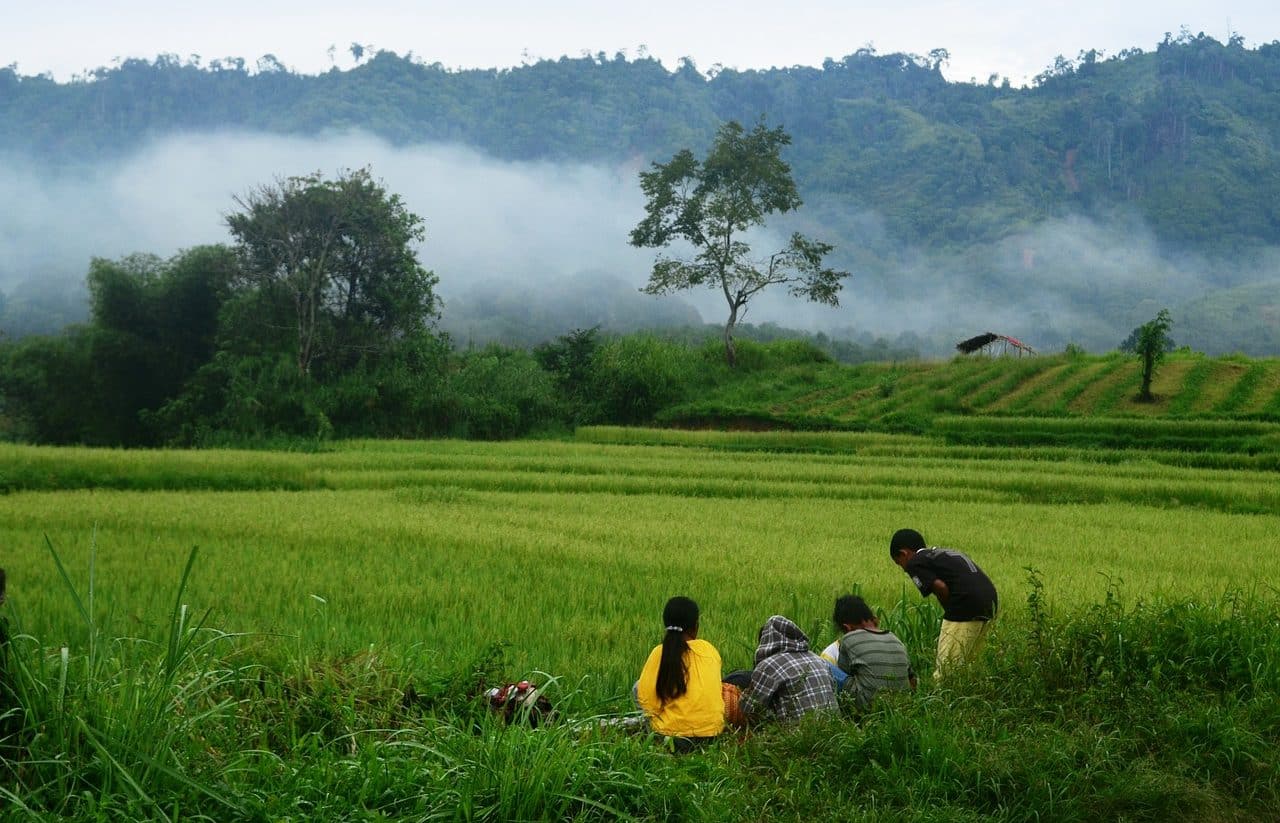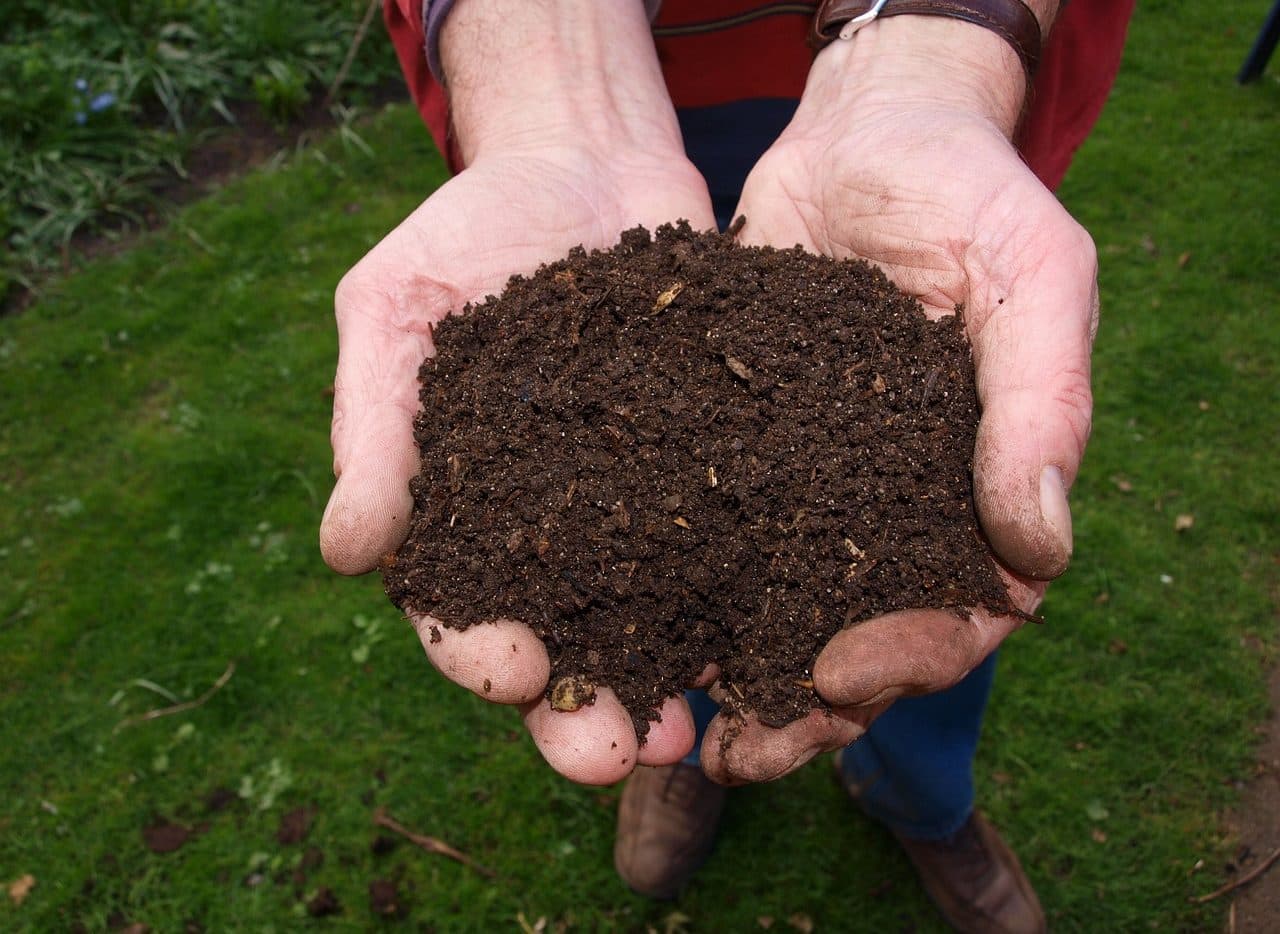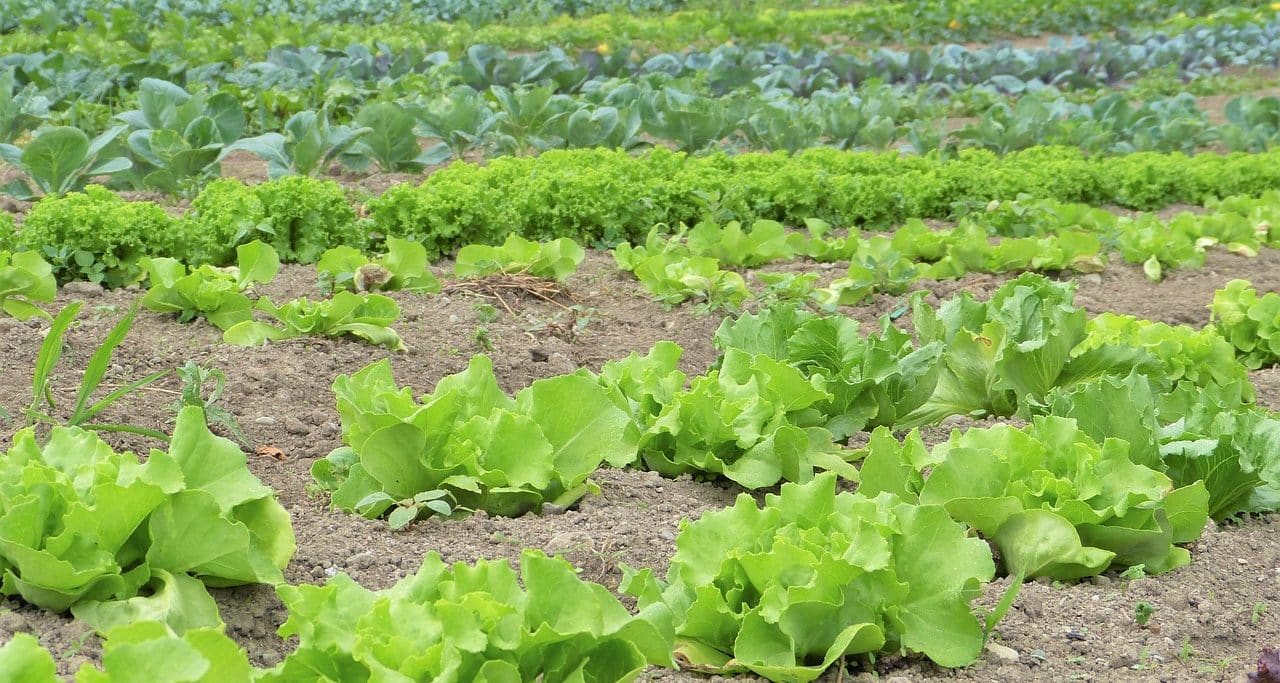
Sustainable agriculture is compatible with the conservation of natural habitats.
Sustainable agriculture is a concept that refers to agricultural practices that do not cause damage to the environment and that do not violate the rights of farmers and consumers . In this way, these activities make it possible to satisfy human needs while preserving natural resources and caring for people's quality of life .
Before moving forward, it is important to indicate that agriculture is the set of knowledge, techniques and procedures linked to crops . The action of cultivating, meanwhile, involves doing what is necessary to ensure that the land produces plants and that the plant species grow and multiply.
The adjective sustainable , on the other hand, qualifies that which can be maintained over time without causing serious environmental damage or leading to the depletion of the resources used.
Sustainable agriculture concept
Sustainable agriculture is one that resolves a requirement or covers a demand without putting at risk the current or future capacity that allows achieving said goals . Their actions are usually based on the functioning of ecosystems and seek to minimize the ecological impact.
It cannot be omitted to mention that agricultural activity always generates an environmental footprint . Common techniques and processes can lead to soil degradation or erosion , water scarcity, deforestation and other phenomena that contribute to climate change.
By avoiding or reducing these issues, sustainable agriculture helps food security and is key to the survival of humanity. Given the growth of the human population, it is essential that agricultural activity adopts these principles.

In sustainable agriculture, composting is usually used to obtain organic fertilizers .
Your story
The history of the concept of sustainable agriculture dates back to the beginning of the 20th century , although at that time the notion was not called that way. The American Franklin Hiram King ( 1848 – 1911 ) is often mentioned as a pioneer when highlighting the advantages of traditional agricultural practices from the Asian continent that today would be part of what is known as organic agriculture .
King toured regions of Asia for nine months to research farming methods and techniques. His annotations were captured in a posthumous book - the last chapter of which was completed by his wife Carrie Baker King - entitled "Farmers of Forty Centuries, or Permanent Agriculture in China, Korea and Japan" , which was published in 1911 .
The person responsible for coining the notion of sustainable agriculture, however, was the Australian Gordon McClymont ( 1920 – 2000 ). He is responsible for the expression that began to become popular in the 1980s , when people began to become aware of the risk that the resources of planet Earth would at some point cease to be sufficient to feed the world's population.
It is understood that sustainable agriculture carries out sustainable water management, guarantees soil conservation and promotes the recycling of nutrients, for example. This preserves resources and, by extension, helps food availability .

Sustainable agriculture contributes to good biodiversity management.
Sustainable agriculture and food
It may seem strange that the idea of sustainable agriculture has arisen from the fear that natural resources will not be able to satisfy the needs of humanity , when today millions of people suffer from hunger.
However, it is known that the world currently produces enough food to feed the entire global population. The existence of hunger, therefore, is due to poor distribution . This, in turn, is associated with the political and economic system: the food is there, but a large number of children and adults cannot access it.
Sustainable agriculture is aimed at guaranteeing that food production can be maintained at the pace that human beings need without depleting resources. To that end, it uses environmentally friendly methodologies.
In this framework, sustainable agriculture requires planning and recognizing limitations. The premise is not to degrade the land or ecosystems to promote sustainability .
Linked notions
There are several notions linked to sustainable agriculture. One of them is organic farming , which is also mentioned as organic farming or organic farming .
This type of agriculture is based on the natural exploitation of crops, without using chemical products at any stage. This means that it uses biopesticides and biofertilizers , which have benefits for the land and health.
The use of compost and crop rotation are two of the pillars of organic farming, which is usually applied in family gardens and small and medium-sized businesses.
Organic farming , likewise, is part of a discipline called agroecology . This term implies a holistic and ecological approach to the study of agriculture that takes into account political, economic and social problems for the design and implementation of agricultural systems.
It is often noted that agroecology pays attention to both the ecosystem and the social components in pursuit of sustainability. The aspiration is to promote sustainable agriculture, such as no-till farming , permaculture and other proposals and perspectives.
